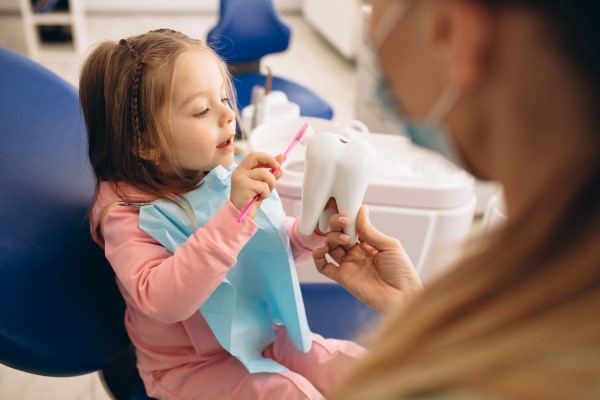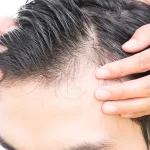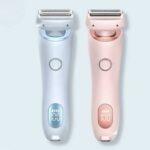Unhealthy oral habits in kids can lead to a range of problems, from tooth decay and pain to self-esteem issues and even overall health concerns. As a parent or caregiver, it’s essential to be aware of these habits and take steps to prevent or break them. Dental care in Whitby offered by oral specialists can help kids overcome unhealthy oral habits.
In this article, we will explore some common unhealthy oral habits, their negative consequences on oral health, and effective tips to break such habits.
What are some common unhealthy oral habits in kids?
Here is a list of common oral habits in kids that require attention:
Thumb sucking: Sucking on thumbs or fingers can lead to misaligned teeth and jaw problems.
Nail biting: Biting nails can damage teeth and gums, and also transfer bacteria from hands to mouth.
Teeth grinding: Grinding teeth can wear down enamel and cause jaw pain.
Poor brushing: Not brushing regularly or properly can lead to tooth decay and gum disease.
Sugar addiction: Consuming high-sugar foods and drinks can cause tooth decay and other health issues.
Mouth breathing: Breathing through the mouth instead of the nose can lead to dry mouth and other issues.
Tongue thrusting: Pushing the tongue against teeth can cause misalignment and other problems.
Chewing on hard objects: Chewing on hard objects like ice or pencils can damage teeth.
What are the negative consequences of unhealthy oral habits in kids?
Unhealthy oral habits can lead to various negative consequences, including:
Tooth decay: Consuming high-sugar foods and drinks can cause cavities and tooth decay.
Gum disease: Poor oral hygiene can lead to gingivitis and periodontitis, causing inflammation and infection.
Bad breath: Poor oral hygiene and gum disease can cause persistent bad breath.
Tooth loss: Untreated tooth decay and gum disease can lead to tooth loss.
Pain and discomfort: Toothaches, sensitivity, and pain can occur due to unhealthy oral habits.
Self-esteem issues: Yellow or crooked teeth, bad breath, and other oral issues can affect self-confidence.
Malocclusion: Unhealthy habits like thumb sucking can cause misaligned teeth and bite issues.
Sleep disturbances: Teeth grinding and clenching can disrupt sleep patterns.
Increased risk of infections: Poor oral health can increase the risk of infections, particularly for those with compromised immune systems.
Impact on overall health: Unhealthy oral habits can have far-reaching consequences for overall health and well-being.
How to break unhealthy oral habits in kids?

Breaking unhealthy oral habits in kids requires patience, consistency, and positive reinforcement. Here are some tips to help:
- Show your child good oral hygiene habits by practicing them yourself.
- Make brushing and flossing fun with songs, videos, or rewards.
- Replace sugary snacks with healthy ones and offer water instead of juice.
- Talk to your child about their habits and listen to their concerns.
- Establish a regular oral hygiene routine, including brushing, flossing, and dental check-ups.
- Praise your child for good habits and offer rewards for milestones achieved.
- Suggest alternative habits, like chewing sugar-free gum or playing with stress balls.
- Breaking habits takes time, so be patient and consistent.
- Explain why certain habits are unhealthy and how they can harm their teeth and overall health.
- Let your child help pick out their own toothbrush or toothpaste, giving them a sense of ownership.
- Keep track of your child’s habits and progress, adjusting your approach as needed.
- If your child’s habits persist, consult a pediatric dentist or orthodontist for guidance.
Conclusion
Your child may develop unhealthy oral habits which may gradually disappear after a certain age. However, if the habit persists beyond the age of 5, you must consult a dentist. Remember, breaking unhealthy oral habits takes time, effort, and patience. By working together with your child, you can help them develop healthy habits that will last a lifetime.











